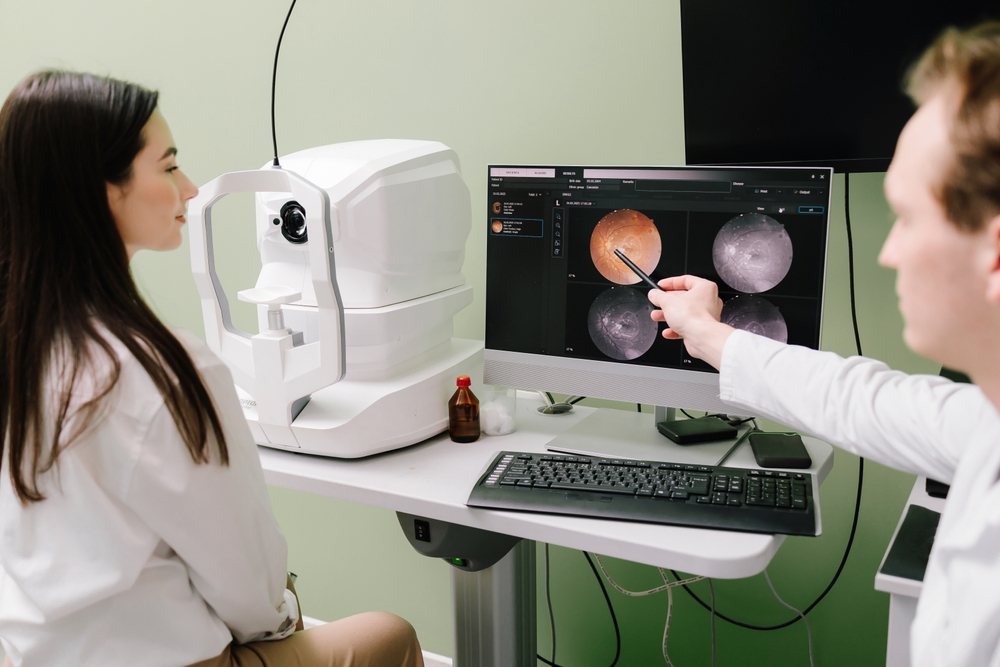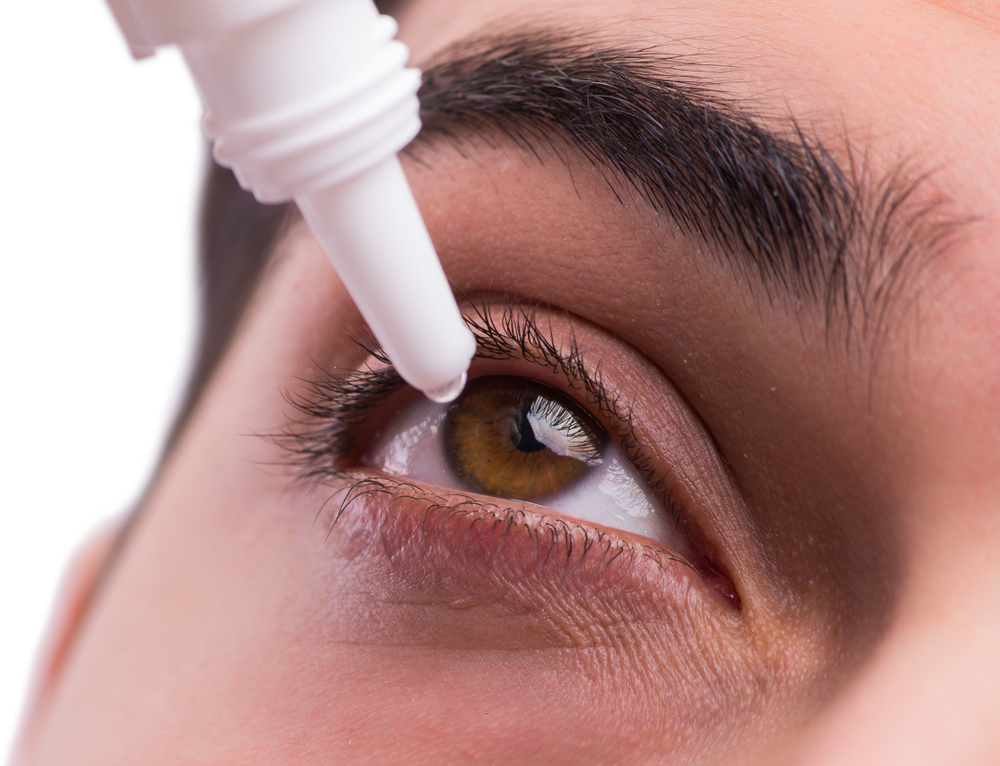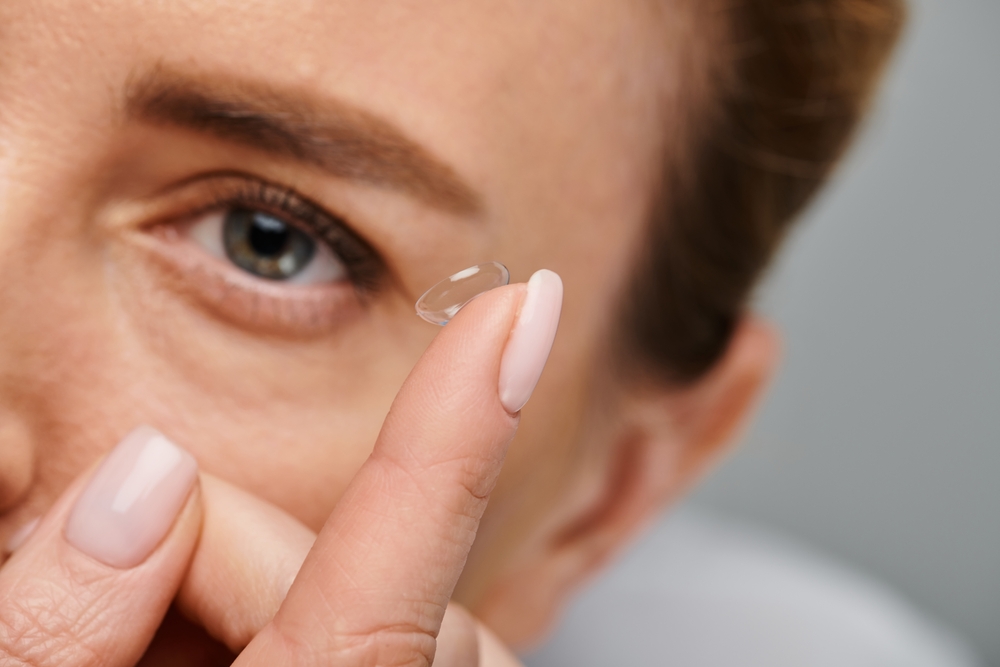Brandon Eyes Blog
Learn more about eye care care in our blog!

Many people associate sunglasses with summer - bright sunshine, beach days, and outdoor vacations. However, protecting your eyes from the sun is important all year long. Ultraviolet (UV) rays are present regardless of the season, temperature, or cloud cover, and consistent exposure can lead to both short-term discomfort and long-term eye health problems. Wearing sunglasses year-round is a simple but powerful way to safeguard your vision.

When most people think about sun damage, skin cancer and sunburn come to mind. But your eyes are just as vulnerable to the sun’s harmful ultraviolet (UV) rays - and the damage can be long-lasting. Prolonged or unprotected sun exposure increases the risk of several eye conditions that may affect vision, comfort, and long-term eye health.

When most people think of an eye exam, they picture reading letters off a chart or updating their glasses prescription. But a comprehensive eye exam in Madison is much more than that- it offers a unique window into your overall health. Our eye doctors in Madison, WI use advanced diagnostic technology to assess both your vision and your overall wellness. Below are some of the major health issues that can be identified early through a thorough eye evaluation.

Dry, irritated eyes can make even simple tasks feel uncomfortable. While artificial tears are a common first step, they aren’t the only option. Fortunately, today’s advanced dry eye therapies offer multiple ways to soothe symptoms without relying on over-the-counter lubricating drops. If you’re searching for trusted eye doctors in Middleton, WI, Brandon Eyes provides modern, personalized care with a range of effective alternatives for dry eye management.

Dry eye disease is a common condition that can cause discomfort, blurred vision, and a gritty or burning sensation in the eyes. For many people, over-the-counter lubricating drops or prescription medications may provide temporary relief - but not always lasting comfort.

Laser eye surgery has become one of the most popular ways to correct common vision problems like nearsightedness, farsightedness, and astigmatism. With advanced technology and precision, many patients achieve clear, long-lasting vision - often eliminating the need for glasses or contact lenses altogether

Have you ever noticed small specks, strings, or cobweb-like shapes drifting across your vision - especially when looking at a bright background like the sky or a white wall? These visual disturbances are called eye floaters, and while they’re often harmless, they can sometimes signal an underlying eye condition that needs attention.

In our always-connected world, it’s hard to avoid screens. Between work, school, and downtime, many of us spend hours each day looking at computers, phones, and tablets. While this has become part of modern life, it can take a toll on your eyes and overall comfort.

Seasonal allergies can take a toll on your eyes. Itchy, watery, or red eyes are some of the most common symptoms, and many people turn to allergy medications for relief. While these treatments can ease discomfort, they may also have side effects that impact your vision and eye health.

When it comes to eyewear, the quality of your lenses is just as important as the frames you choose. At Brandon Eyes, we’re proud to offer ZEISS lenses - recognized around the world as the gold standard in vision clarity.










